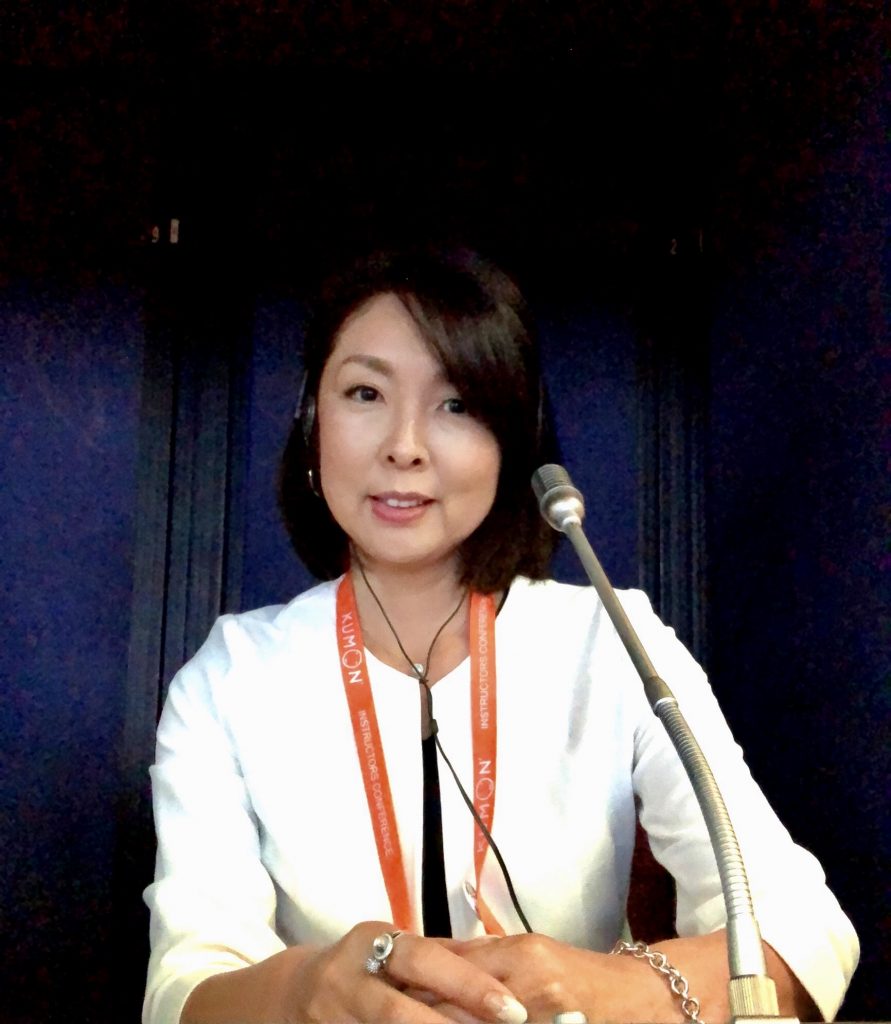[JITF2020] Increasing Customers Globally! How to Prepare Your CV / Resume and Approach Overseas Customers for a High Rate of Success

Junko Bradley
President, EJ EXPERT Inc., conference interpreter. After graduating from art school in Japan, moved to the United States in her early twenties. Studied business management for 4 years at a university in California. Worked as an in-house interpreter at Japanese companies such as Sony and Toyota, and completed the entire study program at an evening translation school. After leaving the company, she managed a franchise business, worked as a full-time housewife, and then started EJ EXPERT Inc., engaging in businesses such as translation, interpretation, rental of simultaneous interpretation equipment, and training of professionals. Currently, while managing her company, she is engaged as a conference interpreter at international conferences, etc., for major Japanese and American companies mainly in the IT sector, as well as Japanese public offices, US government agencies, and the United Nations Headquarters, etc. She also has a solid track record in RSI (Remote Simultaneous Interpretation). As of 2020, a total of about 1000 people have attended her online professional interpreter training programs and seminars. She lives in the suburbs of Sacramento, California with her husband and two children.
Increasing Customers Globally! How to Prepare Your CV / Resume and Approach Overseas Customers for a High Rate of Success
Have you ever experienced sending your CV to an overseas agency only to wait long for a response or not be able to register with them? Even if you go to great trouble to prepare your CV in English, it might contain too much information or lack the most critical contents; an approach that follows Japanese conventions may not attract the attention of overseas agencies.
As the demand for remote interpreting increases, so may the number of queries from overseas agencies and companies. There will be more places where you can play an active role in a wide range of fields at overseas rates without having to worry about the domestic market rates.
To do this, it is necessary to understand the standards required by overseas recruiters and familiarize yourself with the approach to ensure that you get orders.
Based on her experience of working with many linguists through her interpreting and translation company in the United States and of engaging with both Japanese and American interpreting companies as a partner agent and an interpreter herself, she will give practical advice on how best to approach overseas agencies.
In addition, she will introduce the current style of writing CVs/ resumes to present a fresh image of oneself, as well as free web tools, and how to create professional-looking quotes. The content will also be useful for translators.
- Where do overseas agencies first look when screening resumes?
- The incredible evolution of the English CV/resume 3.0
- How to increase orders for RSI and other remote interpreting jobs
- What are the often overlooked factors affecting the final decision on pass/fail?
- Examples of professional-looking English emails that can be used from initial contact to order receipt
- Quotation-making for interpreters and translators (English)
- “Interpreter blacklists” shared among overseas agencies
- How to identify foreign agencies that you mustn’t engage with
- What is more important than interpreting skill – evaluation criteria for interviews and at the interpreting site
- [Case Studies] CVs/resumes before and after
- Other